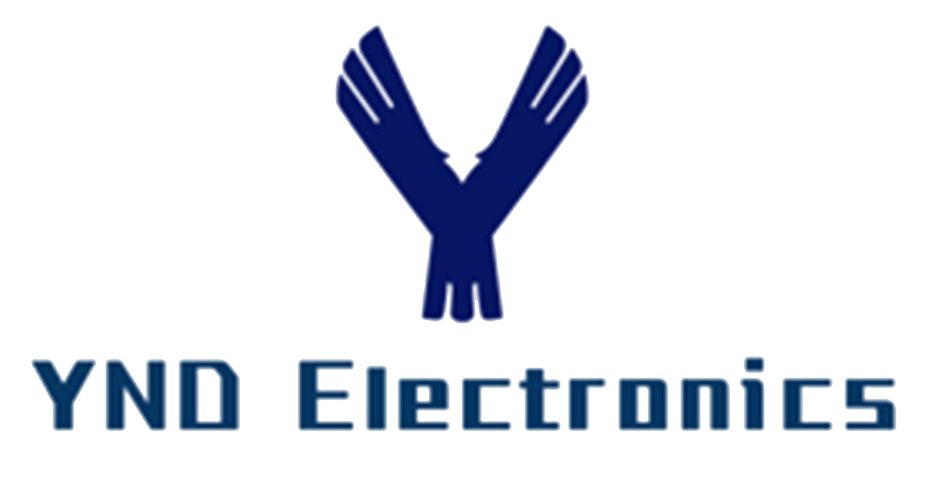The advent of COVID-19 has led people to minimize visits to crowded hospitals and more to expect the care they need to prevent illness at home, which has accelerated the digital transformation of healthcare. The rapid adoption of telemedicine and tele-health services has accelerated the development and demand for the Internet of Medical Things (IoMT), driving the need for smarter, more accurate, and more connected wearable and portable medical devices.
Since the beginning of the pandemic, the proportion of healthcare IT budgets in global healthcare organizations has grown exponentially, with large healthcare organizations investing more in digital transformation initiatives, especially in smart hospitals and clinics.
Current healthcare workers and consumers are witnessing the effective, practical development of technology in healthcare in response to the surge in demand for telemedicine services. The adoption of IoMT is transforming the healthcare industry, driving digital transformation in clinical healthcare Settings and beyond traditional clinical Settings, whether it is home or telemedicine. From predictive maintenance and calibration of devices in smart medical institutions, to clinical efficiency of medical resources, to remote health management in the home and more, these devices are revolutionizing healthcare operations while enabling patients to enjoy a normal quality of life at home, increasing accessibility and improving health outcomes.
The pandemic has also increased IoMT adoption and adoption, and to keep up with this trend, device manufacturers are challenged to integrate secure, energy-efficient wireless connectivity into extremely small dimensions, even smaller than a tooth. However, when it comes to health, in addition to size, battery life, power consumption, safety and energy efficiency are also important.
Most connected wearables and portable medical devices need to accurately track people’s biometric data, enabling healthcare providers to remotely monitor patients, track their physical progress and intervene if necessary. The longevity of medical devices is critical here, as medical devices can be stored and used for days, months, or even years.
In addition, artificial intelligence/machine learning (AI/ML) is having a huge impact on the healthcare sector, with many manufacturers of portable medical devices such as glycemometer (BGM), continuous glucose monitor (CGM), blood pressure monitor, pulse oximeter, insulin pump, heart monitoring system, epilepsy management, saliva monitoring, etc. AI/ML is helping to create smarter, more efficient, and more energy efficient applications.
Global healthcare institutions are significantly increasing healthcare IT budgets, purchasing more intelligent medical equipment, and on the consumer side, the adoption of intelligent connected medical devices and wearable devices is also rapidly increasing, with great market development potential.
Post time: Jan-18-2024






